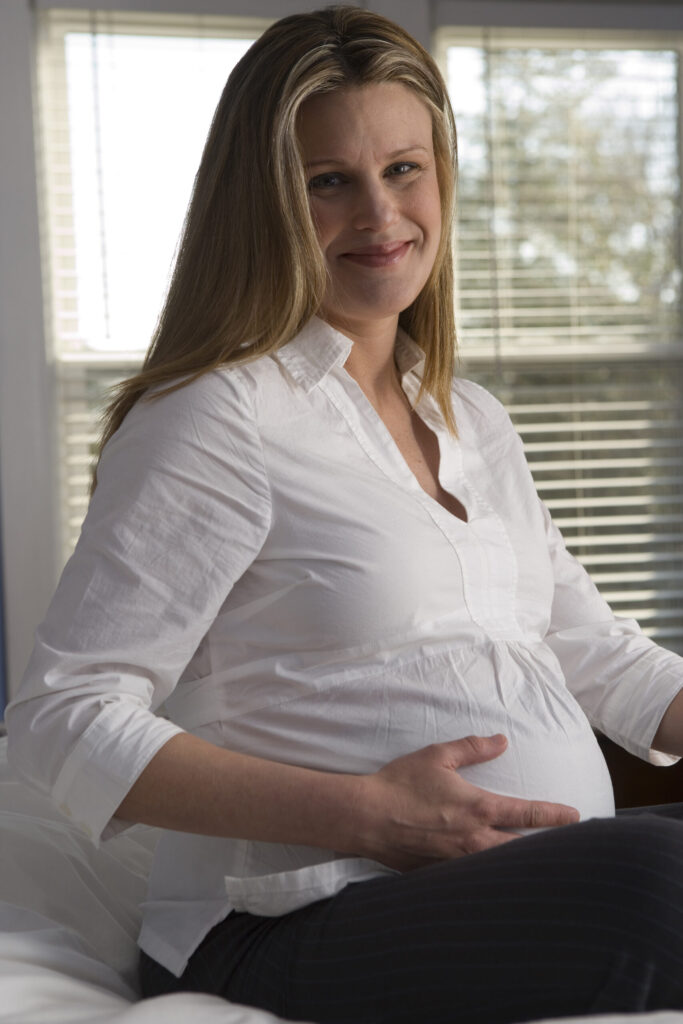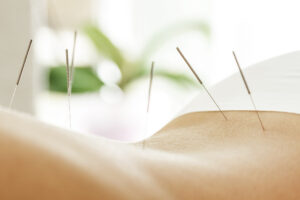Are you over 35 and trying to get pregnant? There are powerful, evidence-based ways to improve egg quality and boost fertility naturally. Whether you’re planning for a natural pregnancy or preparing for IVF, taking proactive steps now can make a big difference in your fertility journey.
Why Egg Quality Declines After 35
As women age, both the quantity and quality of eggs decline—especially after age 35. This natural change can affect conception rates, embryo quality, and pregnancy outcomes. However, the good news is that egg quality is not fixed—it can be optimized through lifestyle, nutrition, and targeted therapies.

What Affects Egg Quality?
Before we dive into how to improve egg quality, it’s important to understand what may be working against you. These are some of the most well-researched factors that reduce egg quality—many of which are modifiable.
1. Age
Egg quality naturally declines with age, particularly after 35. Chromosomal abnormalities become more common, impacting fertilization and implantation.
2. Oxidative Stress
Free radicals damage mitochondrial function and egg DNA. Contributing factors include poor diet, stress, toxins, and excessive alcohol.
3. Environmental Toxins and Plastics (Endocrine Disruptors)
Endocrine disruptors are chemicals that interfere with hormone production and signaling—crucial for fertility. They’re found in everyday items like:
- Plastics (BPA, phthalates)
- Nonstick cookware
- Personal care products with synthetic fragrances
- Household cleaners and pesticides

- A 2012 study in Environmental Health Perspectives found higher BPA levels correlated with lower antral follicle counts in women.
- A 2016 review in Current Environmental Health Reports confirmed that phthalates and BPA exposure can negatively impact reproductive hormones, ovarian function, and IVF success rates. (Gore et al., 2015)

- Use glass or stainless steel containers instead of plastic
- Avoid heating food in plastic
- Choose phthalate- and paraben-free skincare
- Filter drinking water and avoid synthetic air fresheners
4. Poor Nutrition
Eggs require a steady supply of nutrients to develop properly. Deficiencies in CoQ10, omega-3s, zinc, and folate impair this process.
5. Smoking and Alcohol
Smoking increases oxidative stress and depletes egg quality. Excessive alcohol intake is linked to poor egg morphology and reduced pregnancy rates.
6. Stress and Sleep Deprivation
Chronic stress raises cortisol, which can suppress reproductive hormones. Poor sleep further disrupts the hormonal cascade needed for healthy ovulation.
Top 5 Ways to Improve Egg Quality Over 35
1. Support Egg Health with Antioxidants
Antioxidants counteract oxidative stress and protect egg DNA.

Include CoQ10, vitamin C, selenium, zinc, and omega-3s in your fertility diet.
2. Eat an Anti-Inflammatory Diet
A Mediterranean-style diet rich in leafy greens, legumes, and healthy fats has been linked to higher success rates in IVF.
3. Prioritize Sleep and Melatonin
Sleep enhances melatonin production, which protects ovarian follicles from oxidative damage.
4. Manage Stress Levels
Stress disrupts ovulation and egg development via the HPO axis.
5. Consider Functional Testing
These labs can help assess ovarian reserve and inflammation:
- AMH, FSH, estradiol
- Vitamin D, CRP
- Thyroid panel, insulin, DHEA-S
Acupuncture and Herbal Medicine to Increase Fertility
Acupuncture and Female Fertility
- Hormonal Regulation: Acupuncture supports the HPO axis, improving cycles, ovulation, and follicular development.
- Improved Blood Flow: Increases circulation to the ovaries and uterus to enhance implantation and egg maturation.
- Stress Reduction: Lowers cortisol and activates the parasympathetic nervous system for hormonal balance.
- Supporting IVF and IUI: Studies show acupuncture before and after embryo transfer may improve IVF outcomes.
Acupuncture and Male Fertility
- Sperm Quality: Improves count, motility, and morphology through increased blood flow and reduced oxidative stress.
- Hormonal Balance: Supports testosterone and overall endocrine health.
- Stress and Inflammation: Reduces inflammatory load and improves sexual function.
The Role of Chinese Herbal Medicine
Herbal formulas are customized based on TCM diagnosis and may target blood nourishment, kidney essence, menstrual regulation, or male fertility factors like vitality and sperm production.

- Cheong et al., 2013 (acupuncture improves IVF success)
- Stener-Victorin et al., 2011 (acupuncture balances reproductive hormones)
Fertility Support Tailored to You
Whether you’re just beginning your fertility journey or undergoing IVF, acupuncture and herbal medicine offer safe, effective support. By addressing both physical and emotional imbalances, they help create the ideal conditions for conception—naturally and holistically.
Have questions or want to learn how a customized fertility plan can support your path to parenthood?
Contact us at Sage Wellness in NYC to schedule a consultation.
At Sage Wellness, we provide customized acupuncture and herbal protocols for women over 35 trying to conceive—naturally or through IVF.
Final Thoughts
Age may be a factor, but it’s not the whole story. Your environment, nutrition, and stress levels all impact your egg quality and fertility outcomes. With the right support, women over 35 can absolutely optimize their fertility potential.
At Sage Wellness in downtown Manhattan, we specialize in acupuncture for fertility, IVF preparation, and natural hormone balancing. If you’re ready to support your body from the inside out, we’re here to guide you every step of the way.





